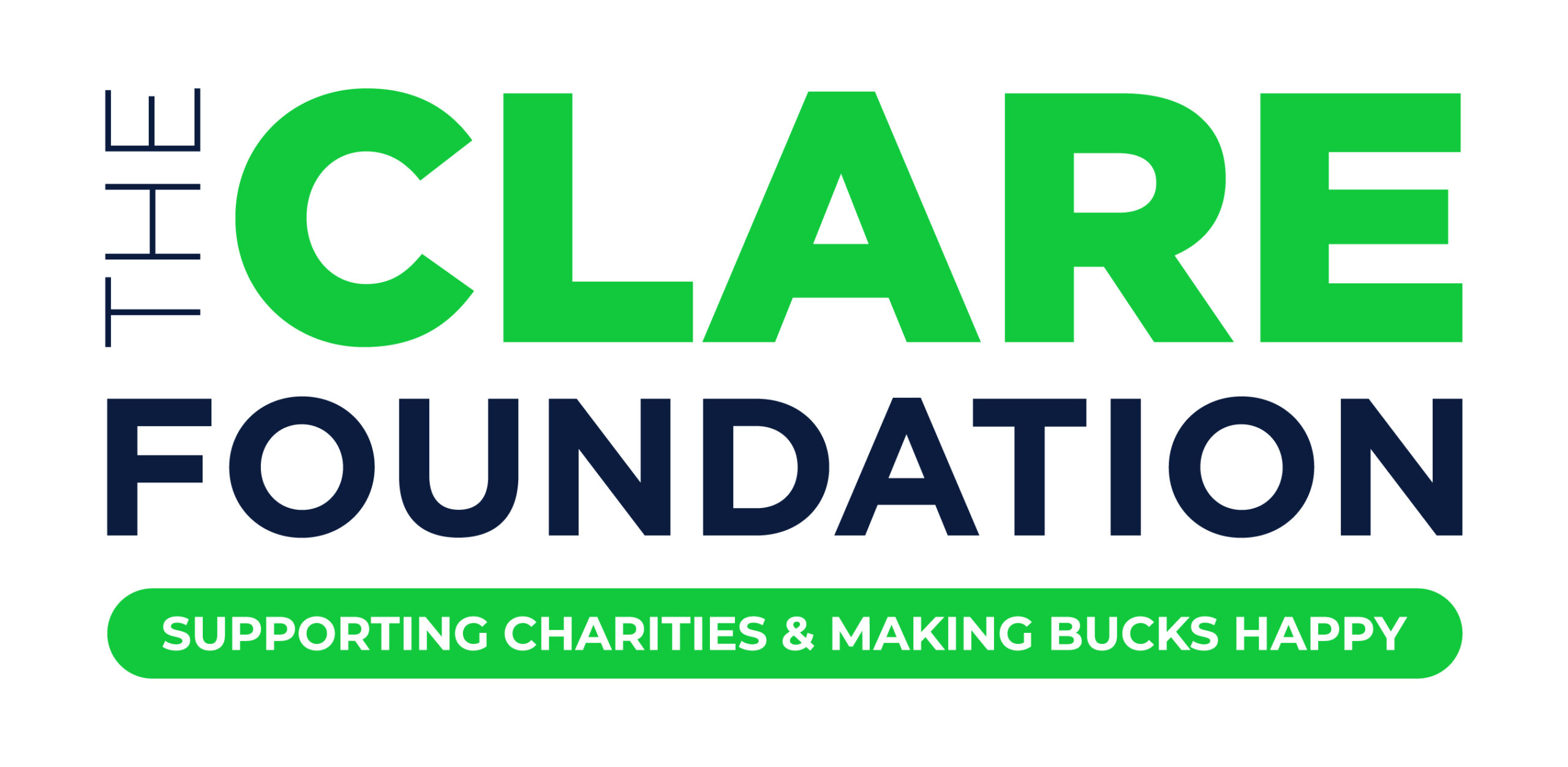Charity Leaders Forum – Managing Overwhelm with Caroline Doran
The Clare Foundation recently held a charity leaders’ workshop on the topic of managing overwhelm in ourselves and in our teams led by Charity Change Specialist and Coach, Caroline Doran. Caroline shares a special article with us on how to understand and manage overwhelm.
Why the ‘busy badge of honour’ is killing our productivity and effectiveness (and what you can do about it)
“How are you?”
“Busy”
How many times do you have this conversation each week, each day even?
In fact, can you imagine someone asking you if you are busy and the answer being ‘no’? It is almost unthinkable isn’t it? And yet, for so many people I work with the busy-ness has hit a level where it is stopping them from achieving their goals. It has tipped in to overwhelm.

In the charity sector we are particularly susceptible to overwhelm. We are often drawn to the sector because we have a strong attachment to the cause of the organisation’s we work for, we want to make a positive difference in the world because we care deeply about it and the people in it. The organisations we work for exist to make the world a better place – finances can often be tight and ambitions large. All of this combines to create a perfect environment for overwhelm to become the norm. For staff and leaders to be constantly giving more and more and more until suddenly we topple over.
Is this a situation we have to accept? Is this the best way to get the best from ourselves and our teams?
You won’t be surprised to hear that for me the answer is a resounding ‘no’! In fact, by working from a place of depletion and overwhelm it is harder to have impact and be effective.
Why?
Have a think about how you know you are in overwhelm. What are the signals for you?
When I ask this question in my workshops the answers usually include some or all of the following:
- Raised heart rate
- Disturbed sleep
- Feelings of panic
- Can’t concentrate
- Procrastination
- Brain fog
- Headaches
These are all signals that our body is in the fight/flight/freeze response. Our body is telling us we are in danger. This can be triggered through uncertainty, fear of failure, lack of autonomy, feeling that we don’t belong, not feeling trusted or valued, feelings of unfairness*. Our body reacts to these triggers in the same way it does a physical threat to our safety. A threat to our life. And so, our heart rate increases getting us ready to run away or fight, our concentration focusses in on the immediate threat making it harder to concentrate on all the things we need to do; it feels like our brain just stops as we freeze. And we absolutely cannot be at our best when we are in this state. Our ability to collaborate, make decisions and communicate effectively are all hindered when we are in a threat response.
Understanding this can help us take action to make a change.
- Notice when these feelings show up for you. What might the trigger be? What can you do to manage or minimise that trigger?
- Complete the stress cycle*. We need to give a clear signal to our body that we are not in danger. We need to move the adrenaline out of our bodies. You can do this by physically shaking your body (or having a good dance if you prefer!), going for a brisk walk or a run. And if you need to let some emotion out, do that too – it will help!
- Come back to the big picture. What’s really important here? Where do you need to focus your attention and energy? Accept that it can’t be on everything and decide what you need to prioritse.
- Start saying ‘no’. Not setting boundaries or saying no is one of the most common reasons we find ourselves in overwhelm. We say yes, we can’t deliver on it all, we feel like we are failing and bam, we are in overwhelm. Learning to say no, to push back or to set clear expectations is one of the most powerful things you can do to step out and stay out of overwhelm.
As a leader in your organisation you have a responsibility to the individuals you lead AND to your organisation’s vision and purpose to ensure you and your team stay out of overwhelm. By setting clear priorities and being comfortable with your team setting their own boundaries – and modelling this for them – can help create a culture free of overwhelm. Setting the expectation that you need your people to be at their best to deliver their best work – and living that yourself – will pay dividends for individual, team and organisational performance.
What action do you commit to taking today to break the cycle of overwhelm in yourself, your teams or your organisation?
Messages from attendees
Claire Periton, Helen and Douglas
“It was a joy to meet with women with similar roles in person and share our experiences and expertise and learn about practical tools to manage overwhelm for ourselves and our teams. We were all grateful to the Clare Foundation for hosting the session and for their hospitality.”
Marcela Heime, The healthy living centre
“Thank you so much for inviting me to the Managing Overwhelm workshop. It was such a pleasant morning, full of important guidelines on how to support senior teams during difficult times. I will be implementing the Four Pillars for Thriving Leadership this year at our annual review.”
Thalia Jervis, Citizens advice
“This was an insightful session which provided opportunities for both personal insight and practical action. It was also a great opportunity to get to know some really admirable leaders.”
Keep up to date with our latest events to join the next forum!



